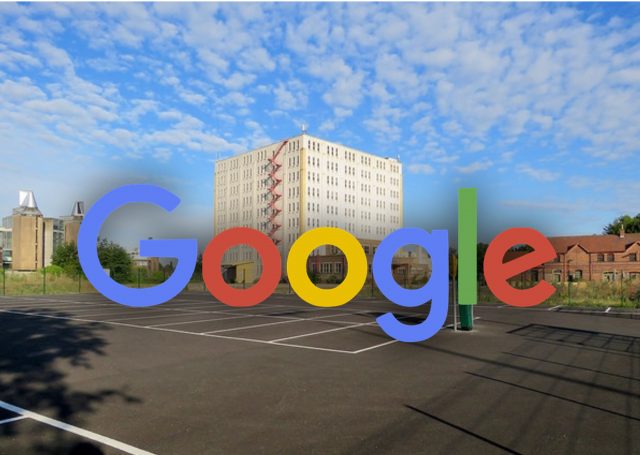
The U.S. Justice Department has filed a new proposal urging a federal judge to break up Google, calling for the company to sell its popular Chrome web browser and implement restrictions on its Android software to prevent anti-competitive behavior. This latest move comes after a court ruling earlier this year that declared Google a monopoly, accusing the tech giant of using its dominant search engine to stifle competition.
In a 23-page document filed late Wednesday, the Justice Department laid out its recommendations for penalties following a ruling in August by U.S. District Judge Amit Mehta, who found that Google had maintained an abusive monopoly for over a decade. The proposed breakup would require Google to sell Chrome, a leading browser with a vast user base, and impose new rules to prevent the company’s Android mobile operating system from unfairly promoting its search engine over rivals.
These penalties are part of a broader effort by the Biden administration to rein in the power of Big Tech. The Justice Department’s strong stance is seen as a signal that the Biden administration is committed to aggressively addressing antitrust issues, though the future of this case may be uncertain if President-elect Donald Trump alters the course after taking office.
The case, which has been ongoing for more than four years, is set to move into the next phase of hearings in April, with Judge Mehta expected to issue a final decision before Labor Day. If the court adopts the Justice Department’s recommendations, Google could appeal the decision, potentially prolonging the legal battle even further.
In addition to the Chrome spinoff and restrictions on Android, the Justice Department is seeking to prevent Google from continuing its lucrative practice of securing multibillion-dollar deals that make its search engine the default option on popular devices, including Apple’s iPhone. Regulators also want Google to share more of the data it collects from users with its competitors, which would allow rivals a better chance to compete.
The proposed penalties could have a major impact on Google’s business, which is expected to generate over $300 billion in revenue this year. The company’s parent, Alphabet Inc., derives much of its income from advertising through its search engine and other services.
“The playing field is not level because of Google’s conduct, and Google’s quality reflects the ill-gotten gains of an advantage illegally acquired,” the Justice Department stated in its filing. “The remedy must close this gap and deprive Google of these advantages.”
However, there is speculation that the Justice Department could scale back its aggressive approach, especially if Trump follows through with his anticipated move to replace Jonathan Kanter, who currently heads the agency’s antitrust division. Kanter, appointed by Biden, has been at the forefront of this case, working alongside Federal Trade Commission (FTC) Chair Lina Khan to take a tougher stance on antitrust enforcement against Big Tech companies.
While the Google case was initially filed during the final months of Trump’s first term, Kanter and Khan have continued the push for antitrust reforms under Biden. Trump, on the other hand, has expressed concerns that a breakup of Google could harm the company, though he has not clarified what alternative penalties he would propose.
The Justice Department’s filing also raises questions about whether the proposed remedies go beyond the issues addressed in the court trial last year. One of the main issues in Mehta’s ruling was Google’s practice of paying billions of dollars annually to secure its status as the default search engine on various devices. Whether Mehta will agree with the Justice Department’s call to unbundle Chrome from Google and Android remains uncertain.
The idea of breaking up Google echoes the U.S. government’s action against Microsoft in the late 1990s, when a court ruled that the software giant used its Windows operating system to suppress competition. While the original breakup order was later overturned on appeal, some legal experts suggest that Mehta may hesitate to take similar action against Google due to the legal precedents set by Microsoft’s case.
The legal battle is likely to continue into 2025, with far-reaching consequences for Google and the broader tech industry.











